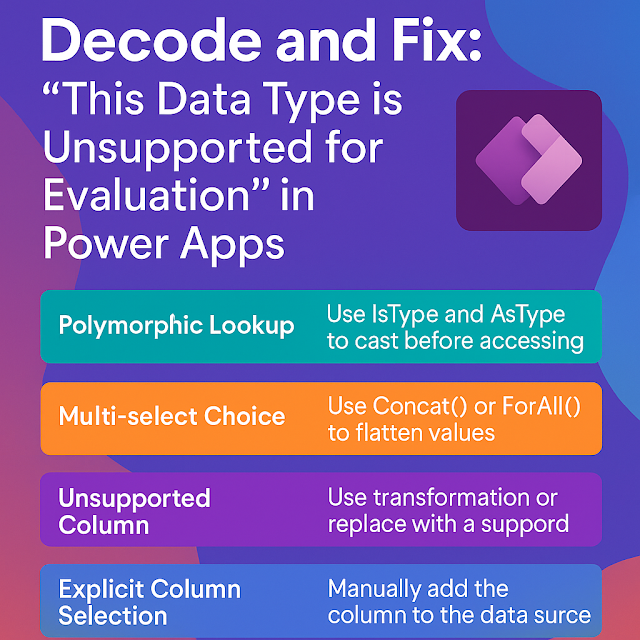Microsoft Dataverse : A Complete Storage
Database generally refers to organized and structural databases that improve data storage and access performance, but E. F. Cod was given a new concept called relational database in 1970s. In the continuous journey of databases, object oriented, NoSQL, graphs and other new database concepts are added. Nowadays, Microsoft Dataverse defines a new definition of database that lets users design their own data model without writing single code.
Microsoft Dataverse is cloud based managed service which provides data service and app platform.
Microsoft Dataverse is a combination of several Azure services, being exposed through the API layer which makes it easy to request data, but also allows it to be managed through the API layer. It is easy to manage and secure data with rich metadata, logic and validation layer with multiple productivity tools. All components created in Dataverse are held as Metadata. This means the components are discoverable and the properties for components are accessible to applications and tools.
The data held in the Dataverse is abstracted from the underlying data storage mechanism:
Microsoft Dataverse stores data in below :
- Azure SQL Elastic Pools
- Azure Storage Blob
- Cosmos DB
- Azure Data Lake
- Cognitive Search
Azure SQL Elastic Pools:
Azure SQL Elastic Pools allow us to group more than one SQL Database as a pool and then use all resources allocated to a pool on sharing basis as par min and max limit set on specific SQL Database. (As Microsoft Definition).
MS Dataverse : All relational and structure data resides in Azure SQL Elastic Pools.
Azure Storage Blob:
Azure Blob storage is Microsoft's object storage solution for the cloud. Blob storage is optimized for storing massive amounts of unstructured data. Unstructured data is data that doesn't adhere to a particular data model or definition, such as text or binary data.(As Microsoft Definition).
MS Dataverse: Attachments and files live in Azure Storage Blob
Cosmos DB
Azure Cosmos DB is a fully managed, serverless NoSQL database for high-performance applications of any size or scale.(As Microsoft Definition).
MS Dataverse: Log or audit data resides in Cosmos DB and is also used for mobile offline capabilities.
Azure Data Lake:
Users can store structured, semi-structured or unstructured data produced from applications including social networks, relational data, sensors, videos, web apps, mobile or desktop devices. A single Azure Data Lake Store account can store trillions of files where a single file can be greater than a petabyte in size.(As Microsoft Definition).
MS Dataverse: Provides the Microsoft Azure Data Lake service that enables continuous replication of Microsoft Dataverse table data to Azure Data Lake storage that can be used to run analytics.
Cognitive Search :
Cognitive search is a new generation of Enterprise search that uses artificial intelligence technologies to improve users' search queries and extract relevant information from multiple, diverse data sets.(As Microsoft Definition).
MS Dataverse : When we enable relevant search and we start indexing data that data gets stored in Azure Cognitive Search.
Summary:
Microsoft Dataverse stores physical data in the Azure Cloud. It provides an abstraction that makes it possible to work with any type of data, including relational, non-relational, images, files, relational searches or data lakes. In MS Dataverse, there is no need to understand the types of data as it exposes a set of data types which allows us to build our model.













Short and crisp. Very well written 👌👌
ReplyDelete